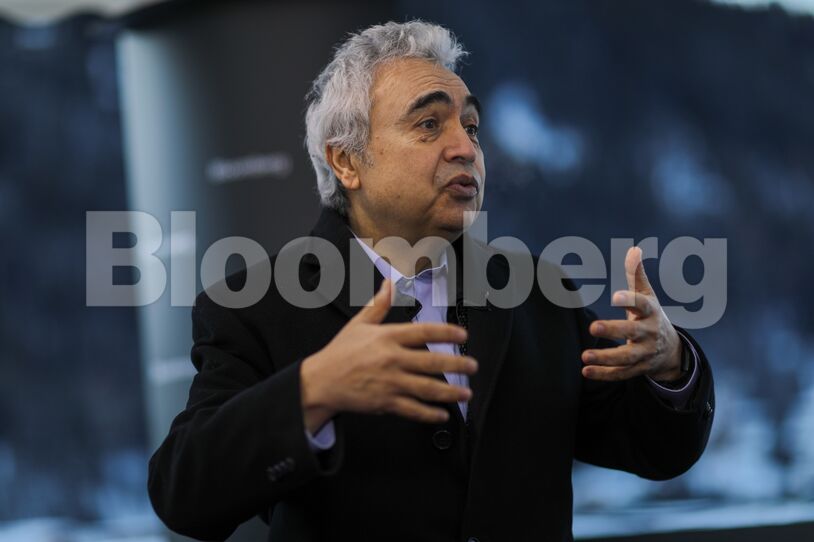By Javier Blas

The world consumed last year nearly 100 million barrels a day of oil, and some in the energy industry believe that could mark the peak for global demand. Their hypothesis is that the coronavirus outbreak will trigger changes, like widespread working-from-home and less overseas travel, reducing consumption permanently.
“Could it be peak oil? Possibly. Possibly. I would not write that off,” the head of British oil major BP Plc, Bernard Looney, told the Financial Times.
If true, that would have huge implications for climate change as burning less oil would permanently reduce greenhouse emissions, easing the way to meet the goals of the Paris climate agreement. But Birol warned governments that the coronavirus will only reduce oil demand briefly, with consumption dipping in 2020 to about 91 million barrels a day, before rebounding in 2021 and beyond.
“Behavioral changes in response to the pandemic are visible but not all of them are negative for oil use. People are working from home more, but when they do travel, they are more likely to be in cars than public transport,” he told Bloomberg News from Paris. “Videoconferencing will not solve our energy and climate challenges, good government policies might.”
Birol is urging governments to use their economic recovery packages to fight climate change, spending on green energy to help to achieve the goals set in the 2016 Paris accord.
The more ambitious target set under the Paris climate agreement — limiting the temperature increase to 1.5 degrees Celsius — will require annual global emissions to be reduced by about half by 2030 and to hit net-zero around the middle of the century. Without deep structural changes, emissions are expected to rise again when economies recover.
The oil industry is making sweeping changes in an effort to adapt itself to the Paris climate goals, with major companies including BP, Royal Dutch Shell Plc and Total SA promising to cut emissions significantly and investing more into renewable energy as they come under pressure from more ecologically conscious shareholders. Still campaigners warn the cuts are unlikely to be enough to keep temperatures from raising to dangerous levels.
“If there’s a strong economic recovery, American business consultants using Zoom will not compensate for 150 million new urban residents in India and Africa traveling, working in factories and buying products transported by trucks,” Birol said.
Birol drew parallels with the 2008-09 crisis, when oil demand also suffered a major annual drop, before consumption increased again. The economic recovery packages didn’t focus back then on green energy and savings, missing an opportunity to tackle the challenge of climate change.
The IEA, which advises the world’s richest countries on energy policy, is sticking to its view that global oil demand will continue to increase over the next decade or so, before reaching a plateau around 2030. In a report published in November 2019, the agency said global petroleum consumption was likely to reach about 105 million barrels a day by 2030 and about 106 million by 2040 in the absence of new government policies.
In its 2019 long-term analysis, the IEA assumed significant oil savings from the sale of new vehicles over the next two decades. The use of more fuel-efficient engines would knock out 9 million barrels a day of demand, while the growth of electric cars would displace about 4 million a day. But the current economic crisis is likely to reduce car sales for a while, keeping less efficient clunkers on the road.
“Fewer car sales means older cars stay on the road,” he said.
Share This:




 CDN NEWS |
CDN NEWS |  US NEWS
US NEWS 



























